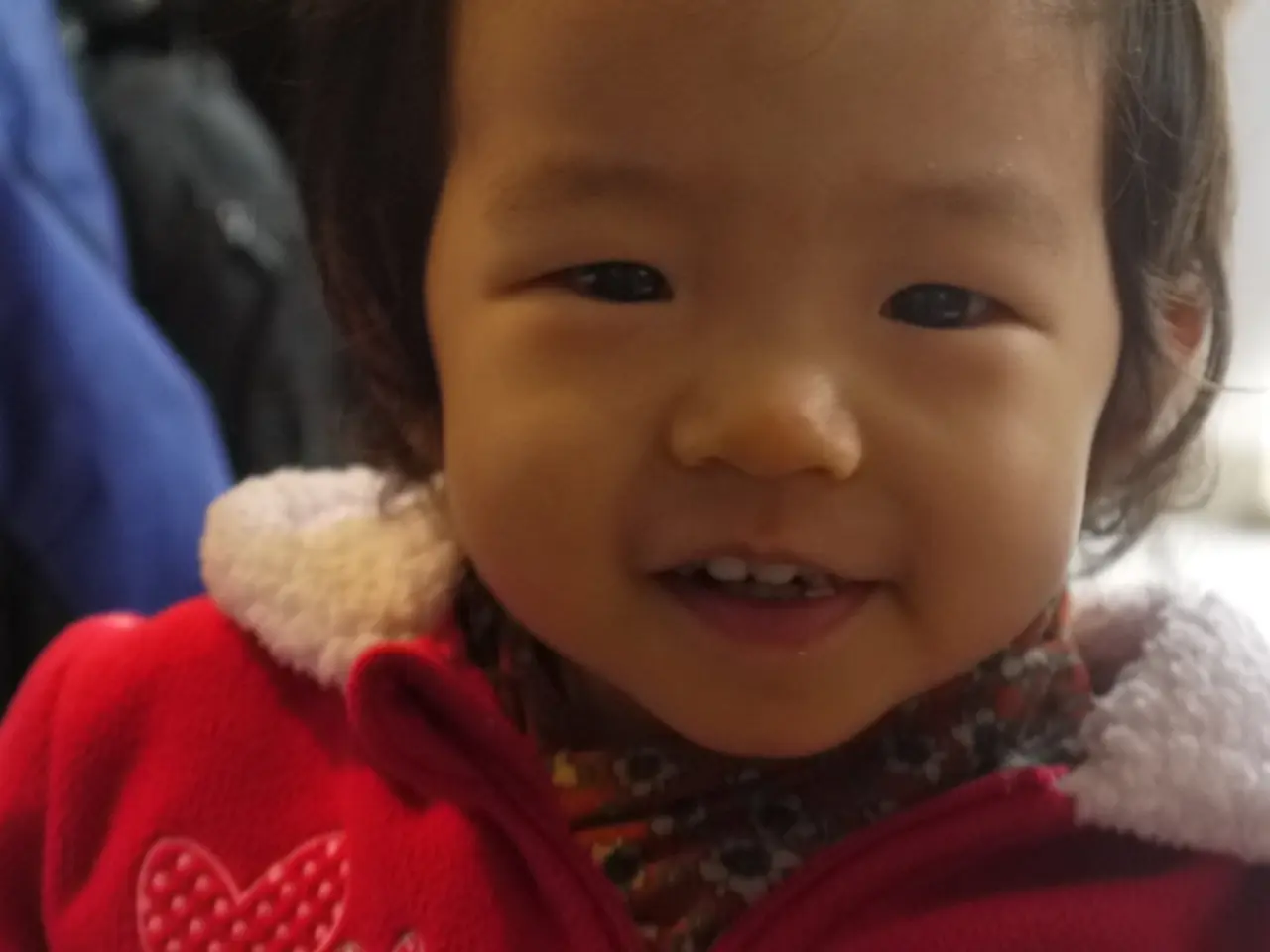Guiding Milestones for Nigerian Infants (Newborn to 3 Months)
Supporting Your Baby's Development: A Guide for Nigerian Parents
The first three months of a baby's life are a remarkable time, as they experience rapid changes in their physical and cognitive abilities. This article aims to provide a comprehensive guide for Nigerian parents on the key developmental milestones for babies aged 0-3 months.
Physical and Motor Skill Milestones
During this period, babies achieve several crucial milestones that indicate their progress. One such milestone is the development of head control. By around 2 to 3 months, babies start to develop head control, enabling them to hold their heads steady while being carried upright or supported. This lays the foundation for more complex motor skills like rolling and crawling.
Another important milestone is the development of hand-eye coordination. Around 2 to 3 months, babies begin to coordinate their hand and eye movements, leading to the development of hand-eye coordination. You can encourage this by providing your baby with different textures to touch, placing rattles or colorful objects within their reach, or engaging them in tummy time.
Cognitive Milestones
Babies' auditory development progresses significantly during the first three months. By three months, babies are becoming more responsive to familiar voices. To promote auditory stimulation and help your baby's auditory development, you can play calming music or lullabies, talk to them using a soothing and melodic tone of voice, and use toys that make gentle sounds.
During this period, babies also start to understand simple cues and gestures. Using consistent, simple cues and gestures helps the baby understand and respond to your intentions. As they grow, they will begin to respond to their name, engage in simple problem-solving, and show increased alertness and ability to observe their surroundings.
Communication Milestones
Communication is an essential part of a baby's development. Around the age of six to eight weeks, babies start to smile socially in response to social interactions and stimuli. By three months, babies will begin to show signs of visual development, including following moving objects with their eyes and focusing on faces.
To foster communication through talking and singing, it's important to talk to your baby regularly. Engage them in conversation, describe what you're doing, and respond to their coos and gurgles. Maintaining eye contact is also crucial, as it helps to build a strong bond between you and your baby.
Activities to Support Development
To support your baby's development, there are several activities you can engage in. Tummy time can help develop upper body strength and hand-eye coordination. Gentle movement and dance, such as holding the baby securely while moving to music or gently rocking, helps develop balance, rhythm, and coordination.
Water play, supervised splash play in shallow water, supports muscle development and sensory exploration. Sensory stimulation, such as engaging babies with visual stimuli like bright toys and facial expressions, and auditory stimuli like talking and singing, encourages cognitive and communication skills.
Finally, maintaining a consistent sleep routine is essential for your baby's development. Babies typically sleep about 15.5 hours in 24 hours with awake windows of roughly 2 hours between naps. This sleep schedule provides needed rest and structured awake time for interaction and play.
Remember, every baby is unique, and they may reach these milestones at slightly different times. If you have any concerns about your baby's development, consult with a local pediatric care provider for personalised advice based on your baby's health and environment.
[1] NHS UK. (2021). Your baby: 0-3 months. Retrieved from https://www.nhs.uk/start4life/baby/your-baby-0-3-months/ [2] Centers for Disease Control and Prevention. (2021). Milestones: Your child's development from 2 months to 1 year. Retrieved from https://www.cdc.gov/ncbddd/actearly/milestones/2_12m.html [3] World Health Organization. (2021). Child Growth and Development: 0-5 Years. Retrieved from https://www.who.int/news-room/campaigns/early-childhood-development/child-growth-and-development-0-5-years [4] Zero to Three. (2021). Milestones: Birth to 3 Years. Retrieved from https://www.zerotothree.org/resources/359-milestones-birth-to-3-years [5] UNICEF. (2021). Early Childhood Development. Retrieved from https://www.unicef.org/earlychildhooddevelopment/index_71864.html
- A baby's first three months are a crucial time for physical and cognitive development, especially in terms of head control, hand-eye coordination, and following moving objects with their eyes.
- Providing your baby with different textures to touch and engaging them in tummy time can help develop hand-eye coordination.
- To encourage auditory development, you can play calming music, talk in a soothing tone, and use toys that make gentle sounds.
- Babies begann to understand simple cues and gestures when they start to respond to their name and engage in simple problem-solving.
- To foster communication, talking to your baby regularly and maintaining eye contact are essential.
- Activities like tummy time, movement and dance, water play, sensory stimulation, and maintaining a consistent sleep routine can support your baby's development.
- Every baby is unique and may reach milestones at slightly different times, so it's important to consult with a local pediatric care provider if you have concerns about your baby's development.
- Resources like the NHS UK, Centers for Disease Control and Prevention, World Health Organization, Zero to Three, and UNICEF provide helpful insights on child development from 0-3 months.
- Providing a nurturing home-and-garden environment, promoting health-and-wellness practices, engaging in education-and-self-development, and adopting a positive parenting lifestyle can all contribute to your baby's overall development.




